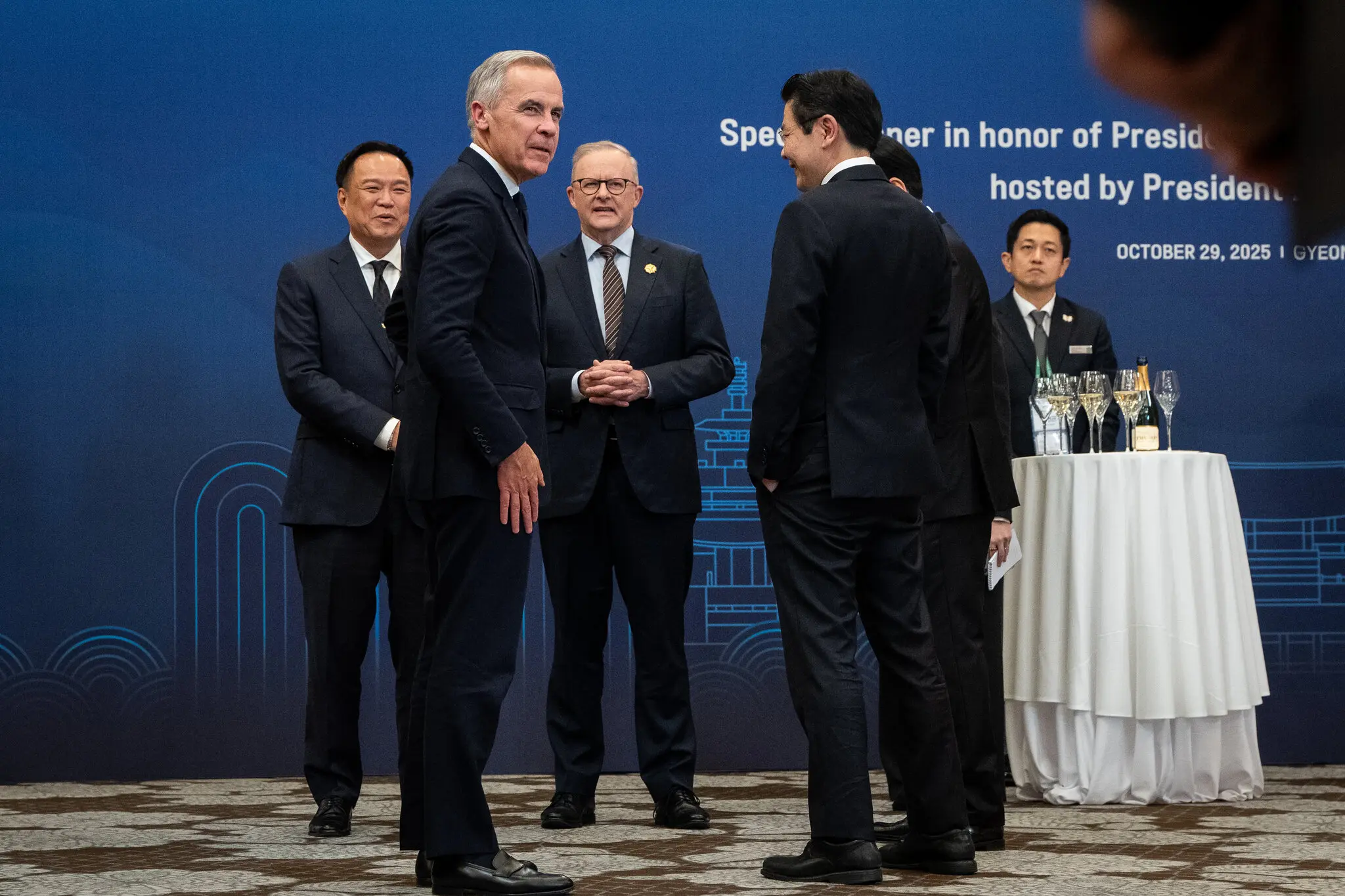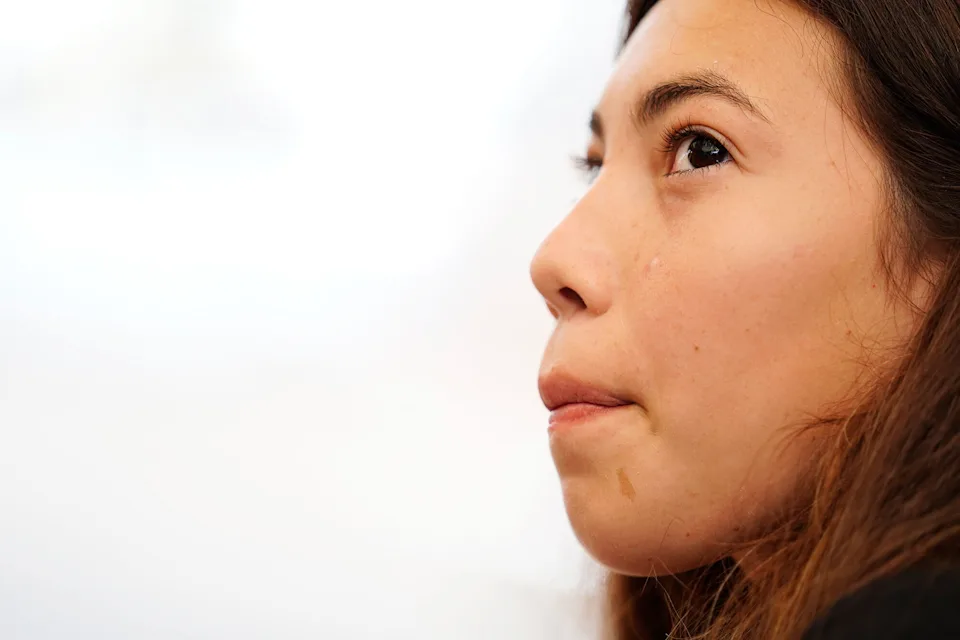Canada’s Other Superpower Problem: Can Ottawa Reset Ties With Beijing?
01.11.2025
A Fragile Restart After Years of Acrimony
Relations between Canada and China have hit historic lows — even worse than the icy rapport between Ottawa and Washington under President Trump.
For the first time in eight years, the leaders of both nations met face-to-face in an effort to thaw tensions that have defined a decade of mistrust.
During a 40-minute meeting on the sidelines of the Asia-Pacific Economic Cooperation (APEC) summit in Gyeongju, South Korea, Prime Minister Mark Carney and President Xi Jinping discussed trade, tariffs, and the possibility of rebuilding ties.
“This meeting today is long overdue,” Carney said afterward. “We now have a turning point in the relationship.”
A Relationship Built on Mistrust
The past decade has been marred by political drama and economic retaliation.
-
China detained two Canadian citizens in what was widely viewed as political retribution after the 2018 arrest of a Huawei executive in Vancouver.
-
In 2022, Xi Jinping publicly scolded then-Prime Minister Justin Trudeau for “leaking” details of a private conversation.
-
This year, a Canadian inquiry confirmed evidence of Chinese election meddling, though it did not alter results.
The tension deepened when China slapped 100% tariffs on Canadian canola, a $5-billion export industry. Ottawa retaliated by imposing similar duties on Chinese electric vehicles — effectively shutting them out of the Canadian market.
“Canada’s defensiveness toward China remains prominent,” said Xu Yanzhou of the Chinese Academy of Social Sciences. “Their stance on core sensitive areas has not fundamentally shifted.”
Trump’s Shadow Over Canada–China Diplomacy
Experts say Donald Trump’s global tariff war has forced Ottawa to look eastward for economic flexibility.
“Trump is the invisible presence in every meeting between two leaders today,” noted Roland Paris, an international relations professor at the University of Ottawa.
For Canada, the challenge lies in balancing its security dependence on the U.S. with its economic need for trade diversification.
Mr. Carney’s cautious tone underscored that tension:
“There’s no preset offer. This is the difference between relationship and transaction. We’re starting from a very low base.”
Tariffs, Canola, and the Politics of Protectionism
China’s 100% tariff on canola oil came after Canada banned Chinese electric cars — a move cheered by Detroit automakers and Unifor, the union representing Canadian auto workers.
Yet that protectionism may be backfiring.
Automakers like Stellantis and General Motors have recently moved or shut down production lines in Ontario, leaving thousands of jobs uncertain.
“General Motors used to build 1.2 million vehicles a year in this country,” said Greig Mordue, a former Toyota executive. “Now they’re down to 100,000.”
China’s ambassador to Canada, Wang Di, suggested that lifting the EV tariffs could “usher in the spring of improvement” between the two nations.
Why Beijing Needs Ottawa Again
China’s slowing economy is changing the calculus.
“When the economy was far stronger, Xi could afford sour relations,” said Lynette Ong of the University of Toronto. “Now, they need exports for recovery.”
Ottawa’s cooperation could help China reopen Western markets while giving Canada leverage to protect its key exports — energy, agriculture, and technology.
Still, human rights issues and national security concerns will continue to limit the scope of any rapprochement.
The Long Road to a “Healthy, Stable, and Sustainable Track”
President Xi told Carney that Beijing hopes to “bring China-Canada relations back to a healthy, stable and sustainable track as soon as possible.”
Analysts, however, warn that rebuilding trust will take years — not months.
“It’s a fraught challenge to trade with a country whose values diverge so sharply,” said Stewart Prest of the University of British Columbia. “Yet both can benefit economically and politically by finding a common cause.”
For now, even a brief handshake marks progress — and a cautious step toward resetting one of the world’s most complicated bilateral relationships.




